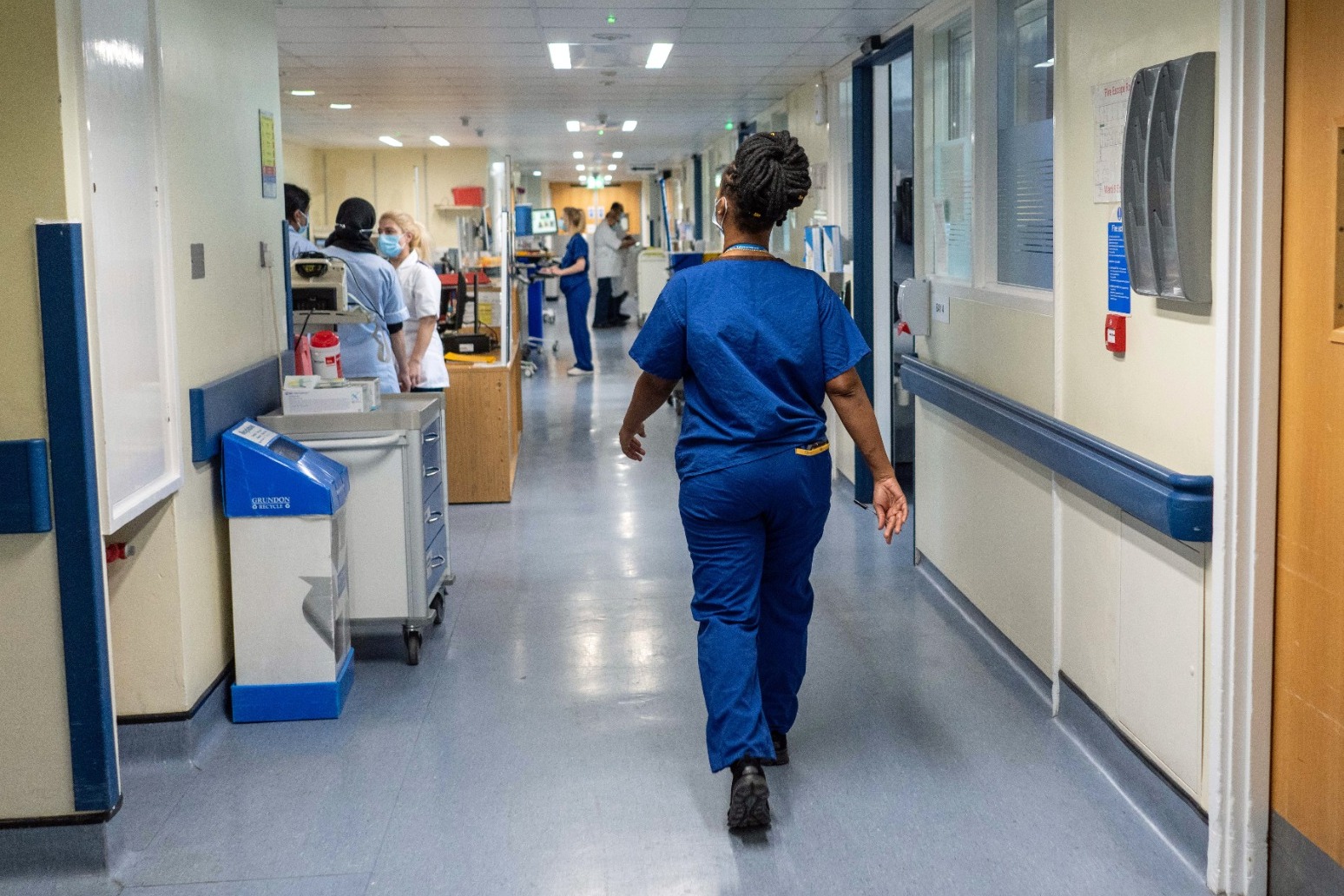
The British Medical Association (BMA) is calling on the Government to launch an inquiry into the use of physician associates in NHS trusts.
The move comes after NHS England issued guidance telling hospitals they should not be using physician associates (PAs) on medical rotas and outlining what tasks they cannot do, including prescribing and being used as replacements for doctors.
The guidance emphasised: “PAs are not substitutes for doctors; rather, they are specifically trained to work collaboratively with doctors and others.
“PAs should not be used as replacements for doctors on a rota.”
PAs are graduates – usually with a health or life sciences degree – who have undertaken two years of postgraduate training.
The BMA directed calls for an inquiry to Health Secretary Victoria Atkins following reports in The Daily Telegraph that more than 30 hospitals showed PAs taking places on doctor’s rotas.
The union’s chairman Professor Phil Banfield said it is time to launch an inquiry to “uncover the full extent of what is essentially a patient safety scandal”.
“She (Ms Atkins) has some very difficult questions to answer about how this has been allowed to happen and why patients are being put at potential risk in this way,” he said.
Professor Banfield referenced a letter from NHS England national medical director Professor Sir Stephen Powis which said: “PAs are not doctors, and cannot and must not replace doctors.”
Professor Banfield said: “What is being uncovered appears to be the exact opposite; we also know from our members’ experiences that hospitals are putting physician assistants on medical rotas, in place of medically qualified doctors.
”In our view, Victoria Atkins now has a duty to patients and a duty to medically qualified staff – doctors – to establish how widespread this practice is and more importantly, stop it.
“PAs do have a role to play in patient care, they are valued members of the healthcare team but they are not, and should never be used as, replacement doctors.”
The letter comes after the BMA published guidance outlining what it thinks the level of responsibility those in medical associate professions (MAPs), such as PAs and anaesthesia associates, should have.
It is hoped the document will “improve patient safety”, the union said.
MAPs were introduced to the NHS workforce in the early 2000s to bolster access to care for patients, but have faced increased scrutiny due to high-profile mistakes.
One example is the death of 30-year-old Emily Chesterton, who was misdiagnosed by a PA twice before eventually dying of a blood clot in 2022.
The BMA recommended MAPs should work using a traffic light system, with green indicating a task they can do alone, amber meaning they need supervision and red would be a task they should not do.
Published: by Radio NewsHub





